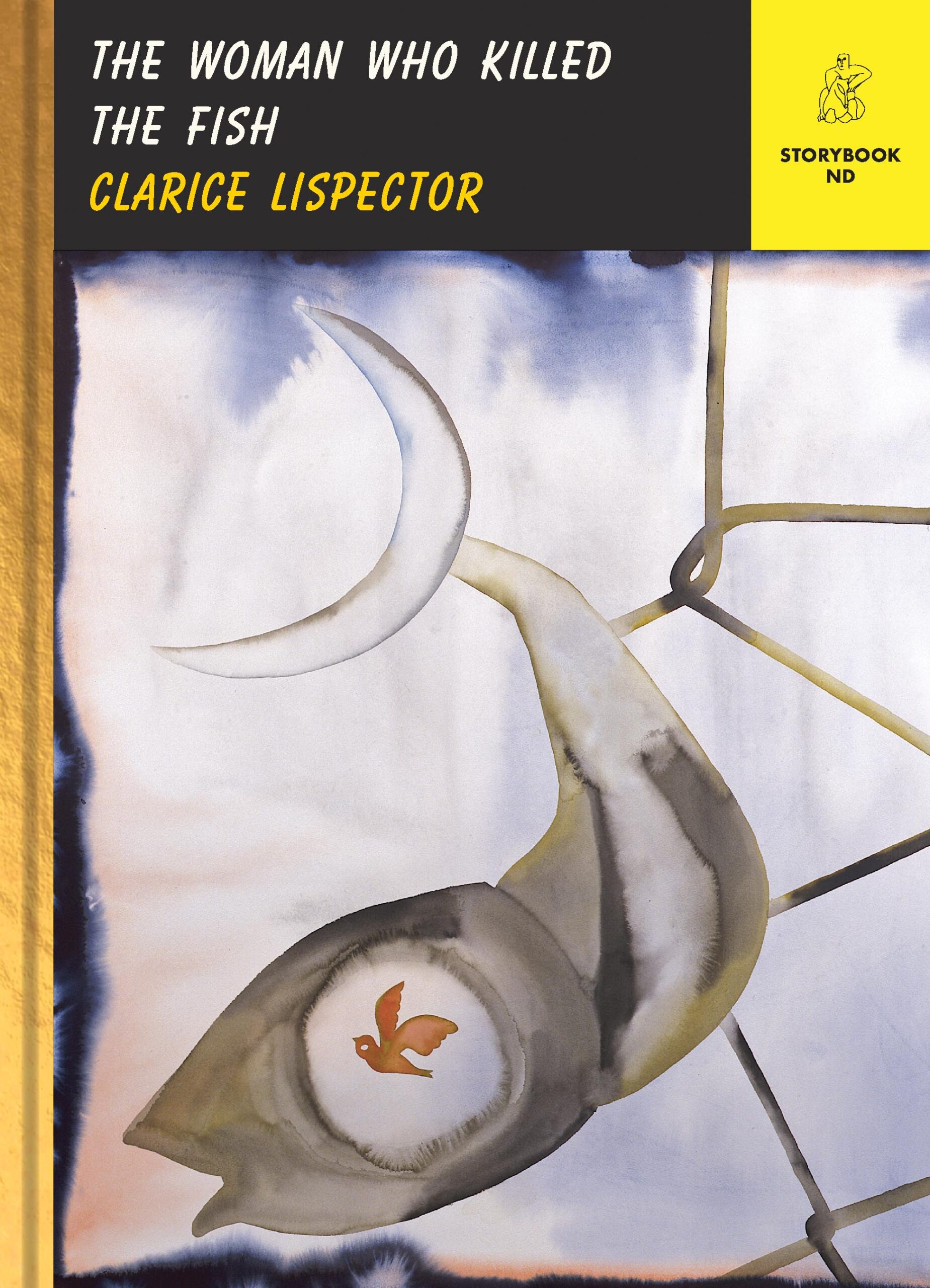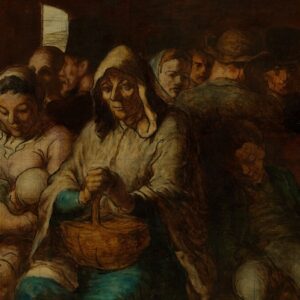One afternoon I was walking down the street in order to buy Christmas presents. The streets were packed with people buying presents. In the middle of all those people, I saw a group gathered round, I went over to see: it was a man selling several monkeys, all dressed up like people and very funny. I thought that everyone at home would love to get a little monkey for Christmas. I chose a very soft and pretty little female monkey, who was very small. She was wearing a red dress, and wearing earrings and necklaces from Bahia. She was very sweet with us, and slept all the time.
She was baptized with the name Lisete. Lisete sometimes seemed to smile begging our pardon for sleeping so much. She hardly ate, and stayed in a little corner that was just for her.
On the fifth day I started to wonder whether everything was all right with Lisete’s health. Because her calm, quiet behavior wasn’t normal.
On the sixth day I almost shouted when I figured it out: “Lisete’s dying! Let’s take her to a vet!” A vet is a doctor who just takes care of animals.
We were all very frightened because we already loved Lisete and her little woman’s face. Oh, my God, we liked Lisete so much! and we so dearly wanted her not to die! She was already part of our family. I wrapped Lisete in a napkin and we got in a taxi and hurried to an animal hospital. There they immediately gave her a shot so she wouldn’t die right away. The shot was so good that she even seemed to be cured once and for all, because all of a sudden she got so happy that she ran all around the room, giving shrieks of happiness, making funny little monkey faces, crazy to please us. That’s when we discovered that she really loved us and that she hadn’t shown us before because she was so sick that she didn’t have the strength.
But, when the effect of the shot wore off, she suddenly stopped again and sat all quiet and sad in my hand. The doctor then said something horrible: that Lisete was going to die.
That’s when we understood that Lisete was already very sick when I bought her.The doctor said not to buy monkeys on the street because sometimes they’re very sick. We asked very nervously:
“What now? what are you going to do, sir?”
This is what he answered:
“I’m going to try to save Lisete’s life, but she has to spend the night in the hospital.”
We went back home with the empty napkin and our hearts empty too. Before I went to sleep, I asked God to save Lisete.
The next day the vet called to let us know that Lisete had died in the night. That’s when I understood that God wanted to take her. My eyes filled with tears and I didn’t have the courage to tell everyone else the news. Finally I did, and everyone was very, very sad.
Since he missed her so much, one of my sons asked: “Do you think she died wearing her earrings and necklace?”
I said I was sure she had and that, even dead, she’d still be lovely.
Also because he missed her so much, my other son looked at me and said with great tenderness:
“You know, mommy, that you look a lot like Lisete?”
If you think I was offended about looking like Lisete, you’re mistaken. First of all, because people really do look like little monkeys; second, because Lisete was full of grace and very pretty.
“Thank you, my son,” is what I said to him and gave him a kiss on his face.
One of these days I’m going to buy a healthy little monkey. But forget Lisete? Never.
__________________________________
Excerpted from The Woman Who Killed Fish by Clarice Lispector, translated by Benjamin Moser, copyright © 1966, 1967, 1974, 1978, 2020 by the Heirs of Clarice Lispector. Translation copyright © 2020 by Benjamin Moser. Reprinted by permission of New Directions Publishing Corp.













